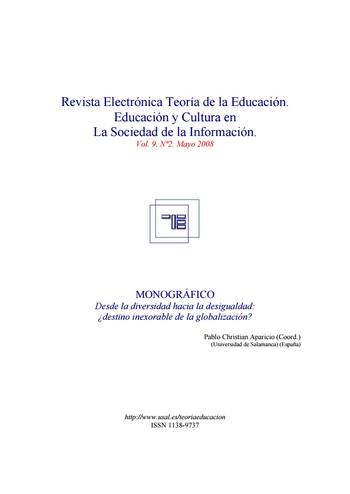From the Assimilation to the Acceptance of the Other? Educational Policy for Indigenous Peoples in Latin America and the “Intercultural Bilingual Education” Policy in Chile
Ursula Stiegler – 2008
Over a long period in Latin American history, education for the –mostly marginalized – indigenous population aimed at its integration into and thereby its assimilation to the “European”, “white” or “mestizo” nations. Only at the end of the 20th entury, due to the struggles of the indigenous peoples themselves and the emergence of a concept of “multicultural” nations, the educational strategies started to change. Now, they aim at the preservation of the indigenous cultures and languages and proclaim their acceptance or recognition. As did many other Latin American states, Chile, which usually is not seen as an “indigenous country”, in the 1990s also adopted a new policy of “Intercultural Bilingual Education” with these aims. However, despite a quite ambitious discourse and a wide range of implemented measures, Chilean intercultural bilingual education above all exists in theory than in practice.



